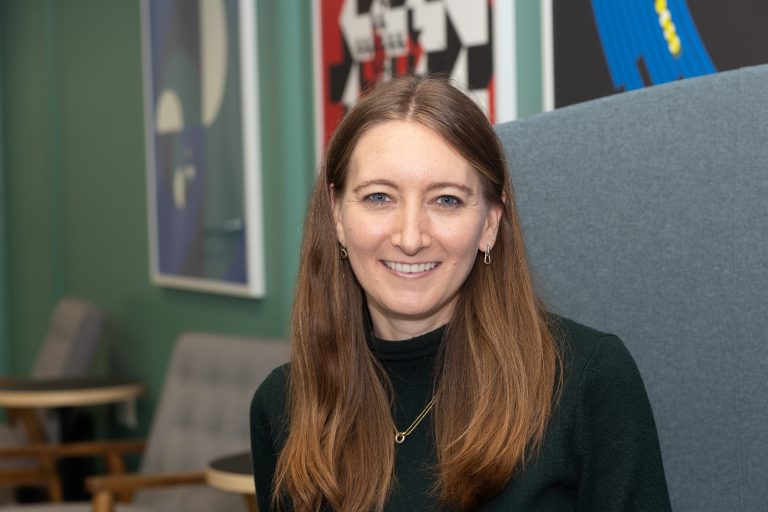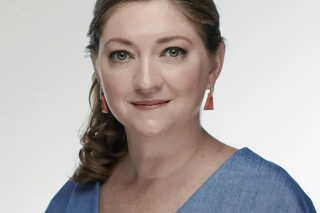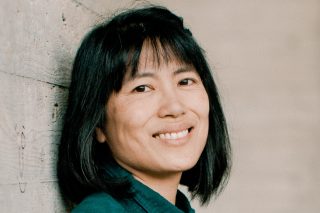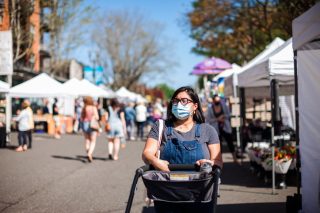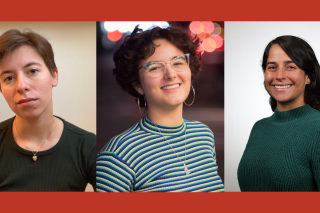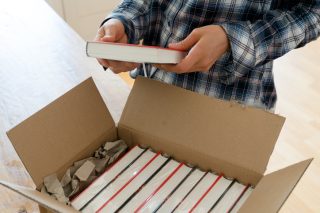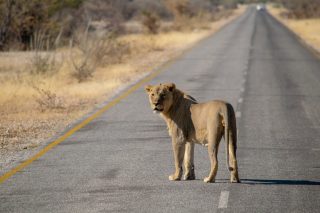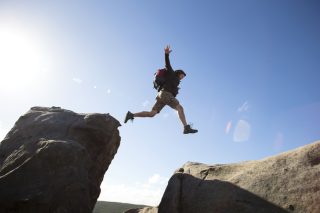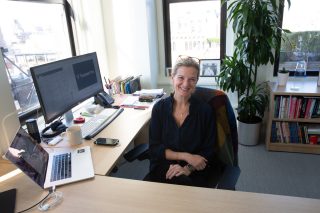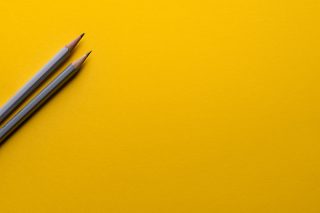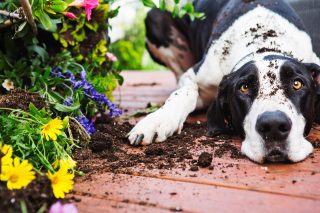Announcements
Join the Science Writers Database
Our free, public database of journalists, writers, editors, and others who cover science will help you expand your network, find freelancers and other potential colleagues, and more. Visit the database
Calling All Local Journalists!
The Covering Science Slack is a peer-mentoring community for local journalists who cover science, or want to. Whether you’re seeking advice, collaboration, or camaraderie, we’re here for you! Join the Covering Science Slack
Join the Page Turners Collective
By joining the Page Turners Collective, our community of monthly recurring donors, you become a cornerstone of our efforts to nurture and support science journalism around the world. Join the Page Turners Collective
Recent Articles
- TON Editors
Where to Get Started at The Open Notebook
We’ve published more than 500 articles on the craft of science journalism, and we also offer courses and other training opportunities, Spanish translations, DEI resources, a free global database of science writers, a huge database of successful pitch letters, tip sheets, and more. Here are some starting points for digging in.
Topics
- Art, Photography & Illustration
- Audio & Multimedia Storytelling
- Biology
- Books
- Career Development
- Controversy & Risk
- COVID-19
- Data Journalism
- Diversity, Equity & Inclusion
- Earth & Environment
- Editing Science Stories
- Essay & Opinion Writing
- Ethics in Science Journalism
- Fact-checking & Revising
- Feature Reporting & Writing
- Finding & Interviewing Sources
- Finding Story Ideas
- Freelancing
- Health & Medicine
- Historical Research
- Hype & Misinformation
- Investigative Reporting
- Local Reporting & Community Engagement
- Meeting Coverage
- Narrative Storytelling
- Navigating the Science Journalism World
- News Reporting & Writing
- Organization & Tools
- Physical Sciences
- Pitching
- Profiles
- Self Care
- Social Media
- Social Sciences
- Statistics
- Structure
- Trauma Reporting
- Writing Clearly & Engagingly
Learning Opportunities
SCIENCE JOURNALISM
Master Classes
Sharpen your skills with our free online courses, delivered to your inbox starting as soon as you sign up.
Mentoring
Programs
Learn about our mentoring programs for early-career science journalists, local journalists, journalists from underrepresented communities, and international students.
Workshops &
Consultations
Sign up for one of our upcoming workshops, host a private workshop or webinar for your team or event, or schedule a private consultation.
Diversity, Equity, and Inclusion Resources
We’ve published dozens of articles and resource guides that center diversity, equity, and inclusion (DEI) in science journalism. Browse this page to find articles on topics such as covering Indigenous communities, reporting and writing with trans-inclusion in mind, navigating bias in newsrooms, finding diverse sources, tracking source diversity, using alt-text to make stories more accessible, freelancing on a student visa, and much, much more.

Check Out the Science Writers Database!
We’ve created a free, public database of journalists, writers, editors, and other communicators who cover science, health, environment, and technology. The purpose of this database is to help people within our community expand and diversify their networks and find potential freelancers, collaborators, editors to pitch, conference panelists, award judges, new colleagues, voices to follow on social media, and more. View or join the database today!
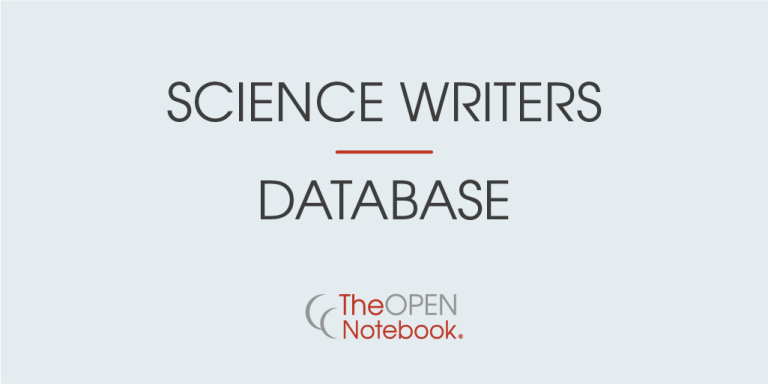
More Resources
Pitch Database
Find more than 250 successful story pitches to a wide range of publications—or share your pitches with us!
Getting Started in Science Journalism
Are you a newcomer to the field? This collection of articles focuses on what you need to know to get started.
On the Origin of Science Writers
Resources (Elsewhere) That We Like
Find university degree programs, workshops and trainings, science writing news, membership organizations, awards, and more.
The Craft of Science Writing
How do you nail a nut graf? What makes one pitch successful and another fall flat? How do you find the right experts for a science story? You’ll find answers to these questions and many more in The Open Notebook’s first book, The Craft of Science Writing. With tips, tricks, and insights from some of the most skilled science journalists working today, you’ll get the resources you need. Consider this book your guided tour to the craft.
(A second edition of The Craft of Science Writing is forthcoming from the University of Chicago Press in Fall 2024!)

